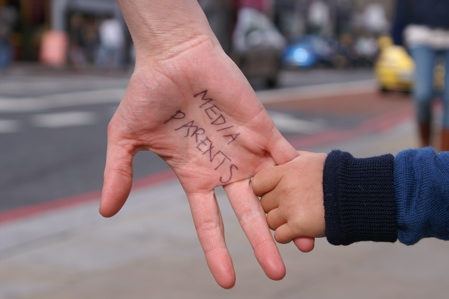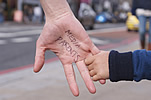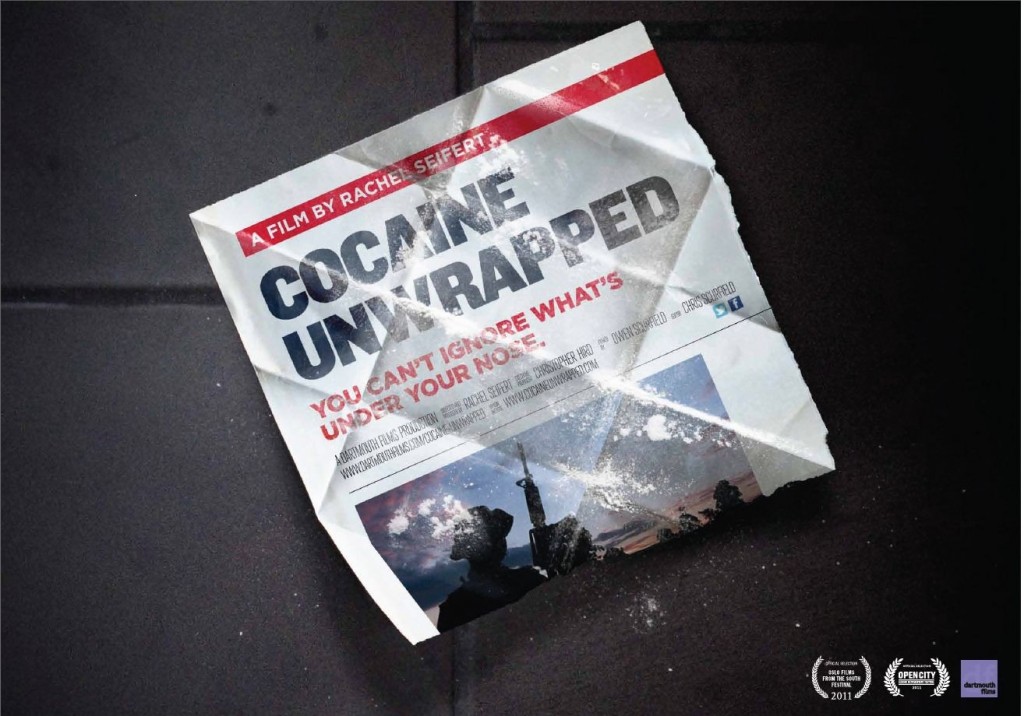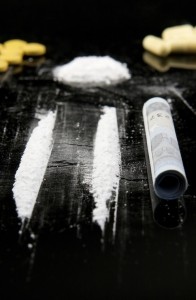5 minutes with Katherine Eisner on funding from non-broadcast sources
December 12, 2014 @ 1:14 pm Posted in News CommentsMedia Parents Networker and Cocaine Unwrapped Producer Katherine Eisner writes about funding from non-broadcast sources.
Funding is often what stops a great idea in its tracks.
Over the years I’ve solved this by using alternative sources to top up money from broadcasters or finance films from scratch.
Who Will Finance Projects?
A range of organisations will put money into the right kind of project.
- Non- Governmental Organizations (NGO’s)
- International Agencies like the UN
- Private Foundations
- Government Ministries
Example:
I raised additional money from a Danish NGO for a film about the collapsing Chernobyl sarcophagus (commissioned by Swedish TV) and co-produced with Cicada Films. This enabled us to spend longer time filming at the Chernobyl site.
How much can be raised?
- The amounts of money vary from £3,000 to £5,000 to one- off amounts of £20,000.
- Finance can mount up with clusters of funders attached to one project.
Example:
- For the cinema documentary, Cocaine Unwrapped (Dartmouth Films) extra money was needed to film this ambitious story, about the impact of the drugs trade on communities in Latin America and the US. I raised production money from a Dutch NGO and funds for the outreach from the Boell Foundation.
Outreach
- Outreach is important since funders want films to have impact and reach out beyond the TV, cinema screen or website.
- Example:
- A film about chemical pollution in the Arctic commissioned by NRK (Norway) and co-o financed by environmental groups was also used by Scandinavian educators in classrooms and by Arctic research institutes in their outreach.
Is it only Documentaries that could be funded in this way?
- This approach could also be used for dramas and drama docs.
- It depends on the story, treatment and factors like timing.
Katherine Eisner Bio
Katherine has spent the last 15 years producing TV news features and short documentaries.
- She has filmed stories from the collapsing Chernobyl sarcophagus to an interview with and profile of Oscar Niemeyer, the great architect.
- Commissions include C4 News, BBC World, SVT, YLE; consultancies include the Royal Ministry of Foreign Affairs, Norway.
- Recent projects include the cinema feature Cocaine Unwrapped (co-producer) for Dartmouth Films.
Katherine is known for getting projects off the ground and developing innovative approaches.
- At Associated Press TV News – (Executive Producer) she developed a new market for APTN’s commercial arm bringing in over $1.2 million from organisations such as the Asian Development Bank and UNICEF.
- She pioneered co-productions between TV broadcasters and organisations (charities, foundations) attracting new audiences beyond the TV screen.
- A film about chemical contamination in the Arctic commissioned by Norwegian TV was also used by Scandinavian educators in classrooms and by Arctic research institutes in their outreach.
- Katherine developed new sources of funds for the Panos Institute (media NGO and model for the BBC’s Media Action) of which she was a founder member and Development Director.
- Over $1mliion was raised from other charities in the US and Europe for Panos projects (books, workshops, meetings).
Making international stories relevant to domestic audiences in Europe and the USA (where she lived for seven years) is key to Katherine’s approach.
- For the cinema documentary Cocaine Unwrapped she planned activities in New York, Washington DC, LA and Berlin with organisations from universities (Johns Hopkins) to grassroots groups, MOMS United Against the War on Drugs.
- She also organised briefings for specialised media in Washington DC, San Francisco and Boston for the International Institute for Environment and Development (IIED) as Marketing Director.
Katherine ‘s experience of international organisations includes:
- UNICEF (UN- New York) co-ordinating global media campaigns
- OXFAM (UK) managing a team of campaigners raising funds and awareness
Katherine’s corporate experience includes:
- Saatchi and Saatchi on the management side – where she began her career
- http://www.mediaparents.co.uk/collaborator/9944/katherine-eisner

Please join www.mediaparents.co.uk for great jobs, networking and events. The Media Parents Back to Work scheme is currently accepting more applicants, please email events@mediaparents.co.uk for details. www.mediaparents.co.uk



